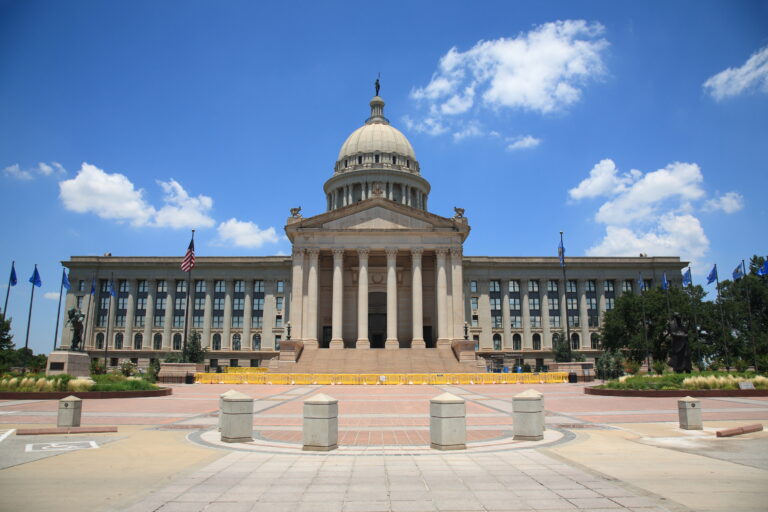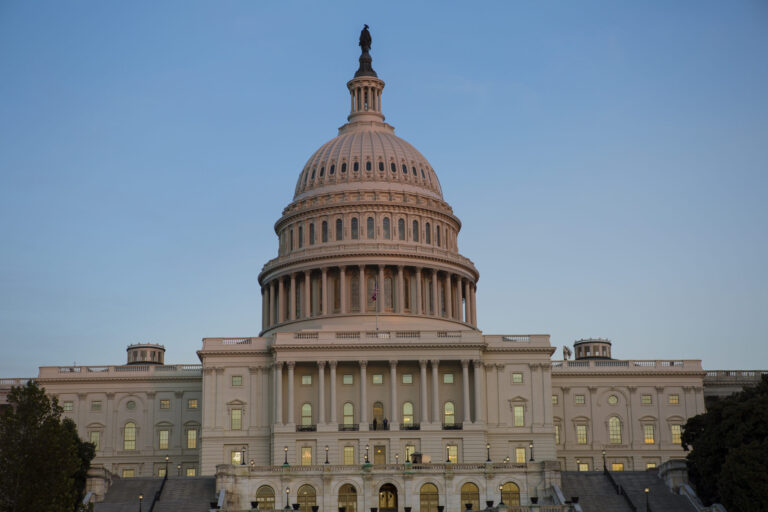Short answer: Nothing good.
Long answer: hospital closures, job losses, overwhelming enrollment far exceeding projections, busted budgets, Kansans being pushed out of private insurance, and truly needy Kansans being pushed to the back of the line (or out of the line completely).
Kansas should not expand Medicaid.
Every state that has expanded Medicaid is worse off for it. It’s honestly insulting to Kansas voters that Governor Kelly thinks she can paint a rosy picture of saving rural hospitals and helping at-risk individuals find quality health care when there are Medicaid dumpster fires all across the country thanks to expansion.
Governor Kelly may want destroying Kansas’s health care system and budget to be her legacy, but Kansans don’t have to fall for it. Here are a few important reasons why Kansas should stand strong against Medicaid expansion:
Expansion won’t save rural hospitals—but it could make them close more quickly
Medicaid expansion would not have saved Care Arc Health Clinic in Eureka from closing, as much as Governor Kelly would like Kansans to believe it would.
Medicaid, even without expansion, is a major burden on hospitals.
Medicaid pays hospitals less than private insurance. Kansas hospitals already face a roughly $68 million Medicaid shortfall. This shortfall would increase by roughly $75 million if the state expanded Medicaid, because 36,000 able-bodied adults would be shifted from private insurance to Medicaid.
The five biggest hospitals in Kansas—all in urban areas—will be fine. They’re running on a Medicaid surplus. But the more than 120 other hospitals in Kansas are going to be the ones suffering the consequences of expansion, meaning lost jobs and hospital closures, as more people on Medicaid means more services delivered at lower reimbursement rates.
Vulnerable populations, who rely on Medicaid, will be pushed out of the way so able-bodied adults can receive welfare
There’s no sugar-coating this issue. Medicaid was designed for low-income children, the elderly, people with disabilities, and other vulnerable populations—the truly needy. And it’s these individuals who are hurt the most when a state expands Medicaid.
State budgets are not an endless pool of resources. Every dollar spent on able-bodied adults is a dollar that cannot go to the truly needy. According to a recent paper by the Foundation for Government Accountability, there are more than 655,000 Americans languishing on Medicaid waiting lists nationwide—most of whom suffer from intellectual or developmental disabilities. Kansas has had a waiting list, too. How is expanding the program even further beyond its original intent going to help those who are already eligible? It’s not.
So, when Governor Kelly is championing expansion and pushing Kansas legislators to move forward, who is she fighting for? Certainly not vulnerable people. Medicaid expansion just gives welfare to able-bodied adults.
Indiana is currently facing the inevitable outcome of policies like these, as the Family and Social Services Administration announced plans to cut payments to caretakers in order to address a roughly $1 billion shortfall. It’d be easier and more prudent for states to stop giving Medicaid to able-bodied adults, rather than risk the well-being of the truly needy.
Taxpayers can’t afford this—no one can!
Even without Medicaid expansion, Kansas’s Medicaid budget has more than quintupled since 2000 and in Fiscal Year 2018 made up more than 20 percent of the state’s spending. With expansion, the state is looking at adding up to 491,000 new able-bodied adults to the program and a price tag of $14.2 billion over the next decade. Most states are now spending more than a quarter of their budgets on Medicaid. This bloated budget eats into funding that should be available for schools, infrastructure, and other vital programs—just so able-bodied adults, many of whom already have private insurance, can be on welfare.
Bottom line: Medicaid expansion would be a disaster for Kansas
Governor Kelly is gambling with Kansas’s future when it comes to Medicaid expansion—and it’s a gamble that no state has yet to win. By pushing forward with expansion, despite the massive evidence about how bad it has been and the dangers it poses to vulnerable people, the governor is making it clear that her priority is getting a pat on the back from the Biden administration, not doing what’s best for the residents of her state.



